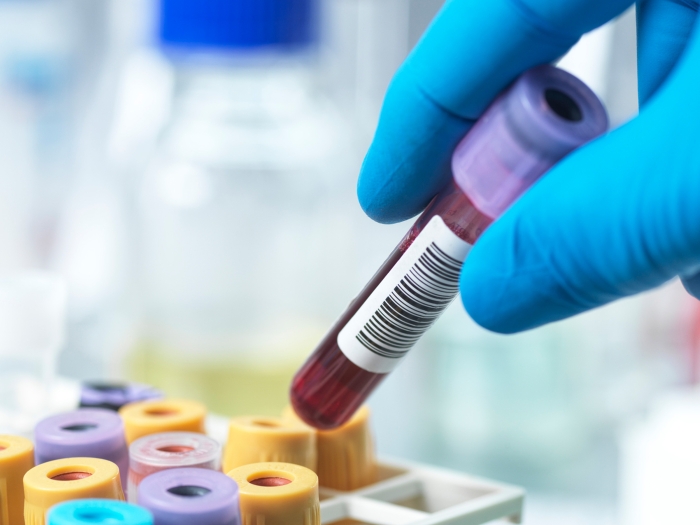
Harry Mobley with current or former postdoctoral fellows. Left to right: Surbhi Gupta (University of Michigan), Laura Mike (University of Pittsburgh), Harry Mobley (University of Michigan), Melanie Pearson (University of Michigan), Chelsie Armbruster (SUNY Buffalo), and Allyson Shea (University of South Alabama)
Harry Mobley, Ph.D., was awarded the inaugural Lifetime Achievement Award from the Urinary Tract Infection Global Alliance (UTIGA). The ceremony took place on Friday, July 19, 2024, at the 5th Clinical and Scientific Advances in Urinary Tract Infections conference in Columbus, Ohio.The event was introduced by former Mobley Lab postdoc, and current Associate Professor at SUNY Buffalo, Chelsie Armbruster, Ph.D.. Additional comments were provided in absentia by former postdoc Sargarunathan Subashchandrabose, Ph.D., now Associate Professor at Texas A&M.
Dr. Mobley presented a retrospective on his distinguished 40-year career, which spans 20 years at the University of Maryland and 20 years at the University of Michigan. With a nod to his work in Helicobacter pylori and Proteus mirabilis, the remainder of the talk focused on his substantial contributions to the field of uropathogenic Escherichia coli (UPEC). He further explained what sets UPEC apart from other E. coli. This work included research about many virulence factors that contribute to establishing and maintaining UTI, such as adherence, motility, and iron acquisition. Mobley also described his group's work into measuring bacterial gene expression, remarkably high growth rates, and metabolism during UTI from women, both during "uncomplicated" bladder infection (cystitis) and more recently in postmenopausal women. Using the cumulative knowledge from these studies, he and his lab tested UTI vaccine formulations in mice. Despite the detail in this paragraph, this is only a snapshot of Harry's many contributions to the field.
Congratulations, Dr. Mobley!
Article written by Melanie Pearson, Ph.D.

Health Lab
A Michigan Medicine lab has begun providing a first-of-its-kind new cancer test. Developed at the University of Michigan, MyHPVscore is a highly accurate blood test that can detect HPV-related head and neck cancer by measuring fragments of tumor DNA in a patient’s bloodstream.

Health Lab
Kim Hartman is an artist with Type 1 diabetes. She started developing vision problems and doctors at Michigan Medicine helped her slow the vision loss and manage it.

Health Lab
Many deaths by suicide during pregnancy and after birth are preventable. Along with a personal patient experience, three Michigan Medicine experts discuss the current landscape of suicide prevention in pregnant and postpartum people, including the latest research and resources for help.

Health Lab
Hospice, palliative care, end-of-life decisions, long-term care insurance and durable power of attorney are all things people with serious health issues should think about.

Health Lab
Health Lab writers selected 12 stories for you to read from 2024 that are worth revisiting before kicking off a brand-new year.

News Release
United Physician Assistants of Michigan Medicine (UPAMM) workers have reached a tentative, three year agreement with the University of Michigan Health.